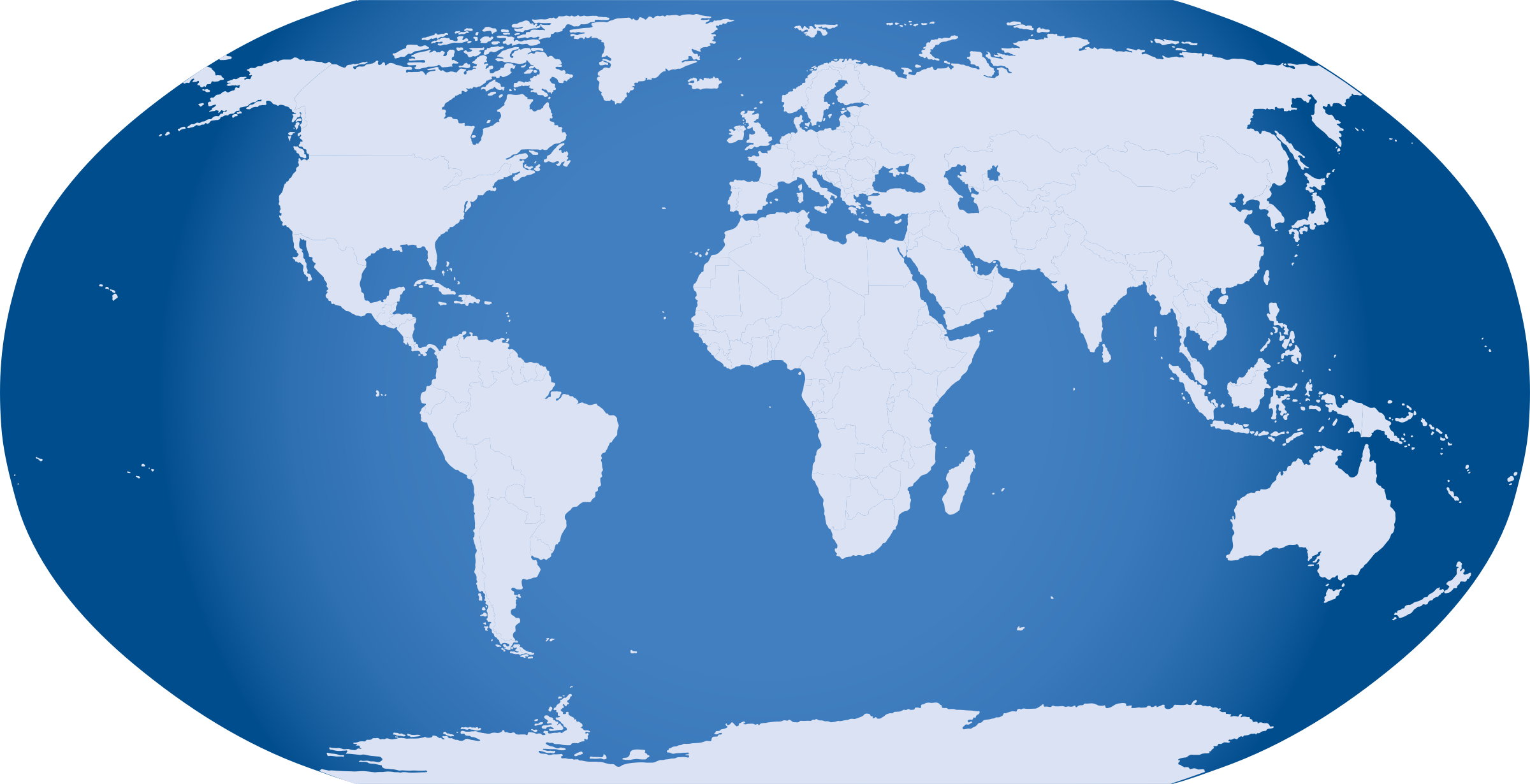The tantalizing notion that this world is perfect, or at least it has the potential for perfection, propels an intricate discourse within the Bahá’í Faith. This philosophical inquiry prompts adherents to contemplate the fundamental essence of existence and humanity’s relationship with the universe. The Bahá’í teachings offer a framework through which one can explore this profound question, inviting individuals to engage in self-reflection, ethical responsibility, and a deeper understanding of their spiritual and social obligations.
At the core of Bahá’í teachings lies the principle of the oneness of humanity. This tenet asserts that all people are interconnected, shaped by a singular divine origin. Such a perspective fosters a sense of collective responsibility, urging individuals to strive for the common good. If we entertain the idea that the world is perfect, it compels us to recognize the inherently positive qualities within ourselves and others. Rather than succumbing to the pervasive negativity and discord often seen in societal interactions, Bahá’ís are encouraged to perceive one another as reflections of the divine, each possessing an inherent potential for greatness.
This interconnectedness invites individuals to examine their perceptions of perfection. From a Bahá’í perspective, the notion of perfection is not an abstract, unattainable ideal, but rather an evolving reality that is attainable through spiritual and moral development. The dynamic nature of this perfection emphasizes that as humanity progresses, so does the state of the world. Evolution in collective consciousness leads to advancements in justice, equity, and unity.
Contemplating a perfect world requires an exploration into the nature of our experiences. Many may argue that the presence of suffering, conflict, and injustice negates the idea of a perfect world. However, the Bahá’í teachings encourage a reframing of this perspective. Rather than viewing difficulties as insurmountable obstacles, Bahá’ís perceive them as opportunities for personal and collective growth. This transformative viewpoint posits that life’s challenges serve as essential catalysts for spiritual maturation and social evolution.
Adherents are often counseled to cultivate virtues such as patience, kindness, and resilience. These qualities not only enhance the individual’s character but also contribute to the well-being of society as a whole. It is through the conscious practice of these virtues that communities can heal and flourish. Hence, one must ponder: if the challenges we face were to be seen through the lens of growth and development, would we not begin to see the perfect potential embedded within the imperfection of our world?
Exploring the idea of a perfect world through the prism of global interdependence reveals the profound implications for justice and equity. If one subscribes to the notion that this world is perfect, it becomes imperative to recognize the disparity and inequity that still exists. Bahá’í teachings strongly advocate for social justice, urging individuals to take action against systemic injustice. The realization that the world can only achieve its perfect potential when every soul is treated equitably ignites a sense of urgency among believers to engage in pro-social conduct.
The ideals of consultative decision-making, collaboration, and consensus building are pivotal within the Bahá’í community. By adopting these principles, Bahá’ís aspire to model the type of harmonious interaction that can lead to societal prosperity. The understanding that the world is perfect is deeply intertwined with the commitment to fostering a culture of consultation. This is essential for developing solutions to the myriad challenges that humanity faces today.
Bahá’í teachings also postulate that the promotion of unity is fundamental to achieving this ideal state. The concept of ‘Unity in Diversity’ suggests that recognizing and celebrating differences among cultures, races, and beliefs is not only enriching but essential for global cooperation. The beauty of a perfect world lies in its multiplicity, wherein the unique contributions of all individuals serve to create a more vibrant tapestry of human experience. Embracing diversity can bridge divides, mend fractures, and ultimately unveil the perfect harmony that lies beneath the surface.
Furthermore, the Bahá’í emphasis on education underscores the significance of enlightenment as a means towards achieving a perfect world. Knowledge is seen as a powerful tool for transformation, equipping individuals with the awareness necessary to make ethical choices. In this context, education transcends conventional academic pursuits; it encompasses moral and spiritual development as well. A perfect world becomes conceivable when all individuals are granted access to knowledge that nourishes both intellect and soul.
As believers consider their roles in this intricate narrative, the concept of service emerges as a defining attribute of the Bahá’í life. Service to humanity is viewed not merely as an act of charity but as a vital contribution to the unfolding of a perfect society. Engaging in acts of service fosters a sense of purpose, reinforces community bonds, and underscores the interconnected nature of human existence.
Ultimately, the proposition that “this world is perfect” invites individuals to embrace a profound journey of reflection, growth, and engagement with the world around them. The Bahá’í teachings offer a multifaceted exploration of this concept, revealing that perfection is not a static state but a dynamic process of becoming. The onus lies upon each person to contribute to this journey, striving to manifest the ideal within themselves and participating in the greater narrative of humanity.
The odyssey towards perfection is intertwined with collective efforts towards justice, unity, and spiritual elevation. By welcoming the complexities of life, aspiring for personal and communal transformation, and nurturing a spirit of service, humanity may indeed edge closer to realizing its perfect potential in this world.
